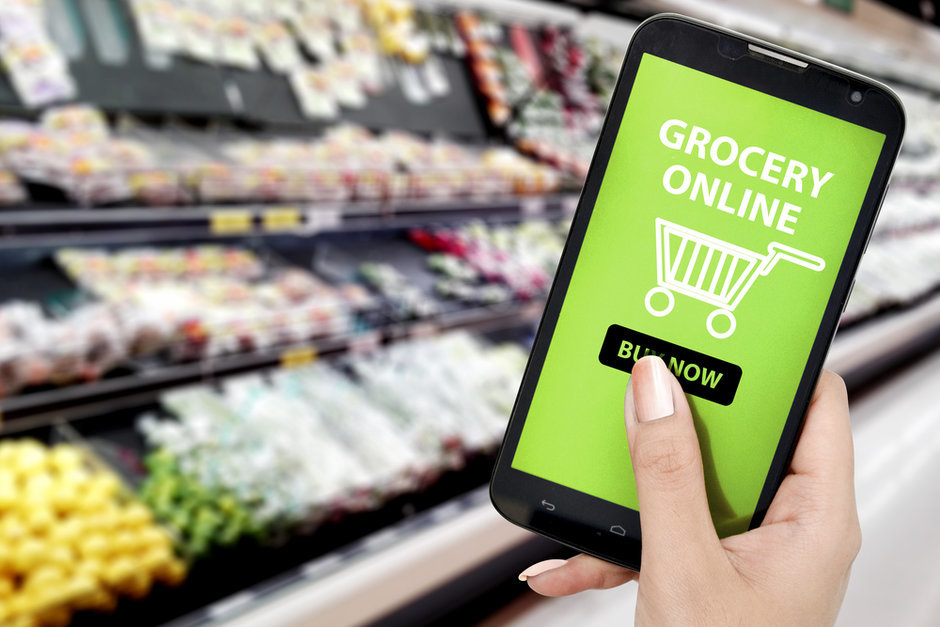While the initial days of lockdown enforced in India in response to COVID-19 crisis sent the Indian online food and grocery retailers into disarray, they were able to quickly turn things around and convert the situation into one of immense growth opportunity, says GlobalData, a leading data and analytics company.
The nationwide lockdown, which came into effect from 25 March 2020, prompted a large number of Indian customers to embrace online grocery and food delivery platforms such as BigBasket, Grofers and Licious. However, most of these businesses struggled to benefit from the massive spike in demand, at least initially, as shortage of delivery staff and challenges with local administration disrupted their supply chain.
Saurabh Daga, Technology Analyst at GlobalData, says: “Most of the migrant workers hired as delivery staff by online retailers chose to return to their hometowns in the initial panic caused by the lockdown, thus reducing the operational capacity of these firms. While the central government had allowed online delivery of essentials, the local administration were often not clear about permissions for movement of delivery vehicles or staff, which led to delays or missed order deliveries.”
However, the online platforms quickly started re-designing their strategies and adopted innovative solutions to overcome challenges and drive their businesses. Ready-to-eat food e-retailer iD Fresh for instance tackled the issue of long queues at its physical stores, and frequent stock outs with an ‘online store finder’ application. This app enables customers to plan their store visits by running a search online for stores that are open, check product availability and fresh arrivals.
Licious, an online meat and seafood seller, on the other hand, tied up with third party logistics providers like Shadow fox and Yulu to overcome the shortage of delivery staff and continue its order fulfilments.
Meanwhile, even the third-party logistics companies rose to the occasion to support these online platforms with their innovative use of technology. Logistics start-up Delhivery, for instance, has been using advanced analytics and data science to chart optimal delivery routes and track containment zones so that its delivery staff could fulfil their orders in a timely and safe manner.
While the online food and grocery start-ups have already braved the odds and emerged victorious, better prospects await these companies in the post lockdown era, as the nation stares at a prolonged period of self-isolation and social distancing practices and continued shift in consumer purchase, which will allow them to expand their business and increase customer base further.
Daga concludes: “Online grocery retailer BigBasket’s success at raising an additional US$60mfunding in a venture round and US$51.8m in debt financing from Alibaba, and Reliance JioMart’s debut on Facebook-owned messaging platform WhatsApp, only indicate that the market participants are anticipating and gearing up for a bigger and brighter future ahead.”






